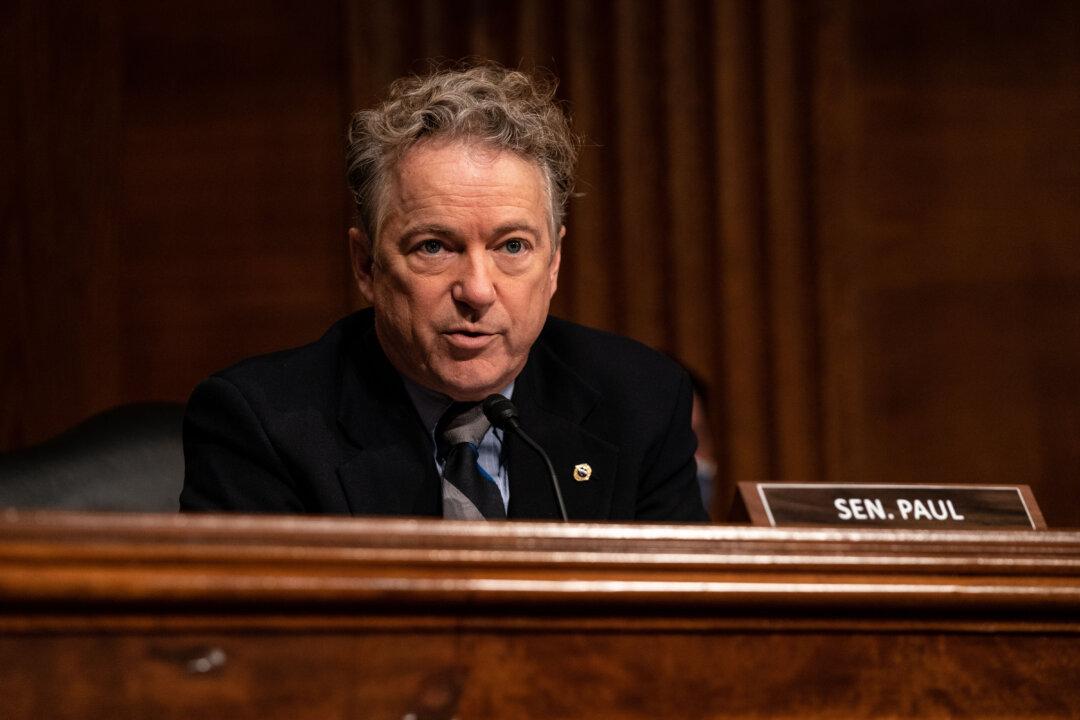The economic crisis facing the nation is disproportionately hurting small businesses. Mom and pop shops are struggling to stay afloat in the face of historic levels of inflation. Against this backdrop, Democrats have proposed raising taxes on pass-through entities—small businesses, including sole proprietorships, partnerships, limited liability companies, and S corporations.
To Sen. Rand Paul (R-Ky.) that’s just insanity.

